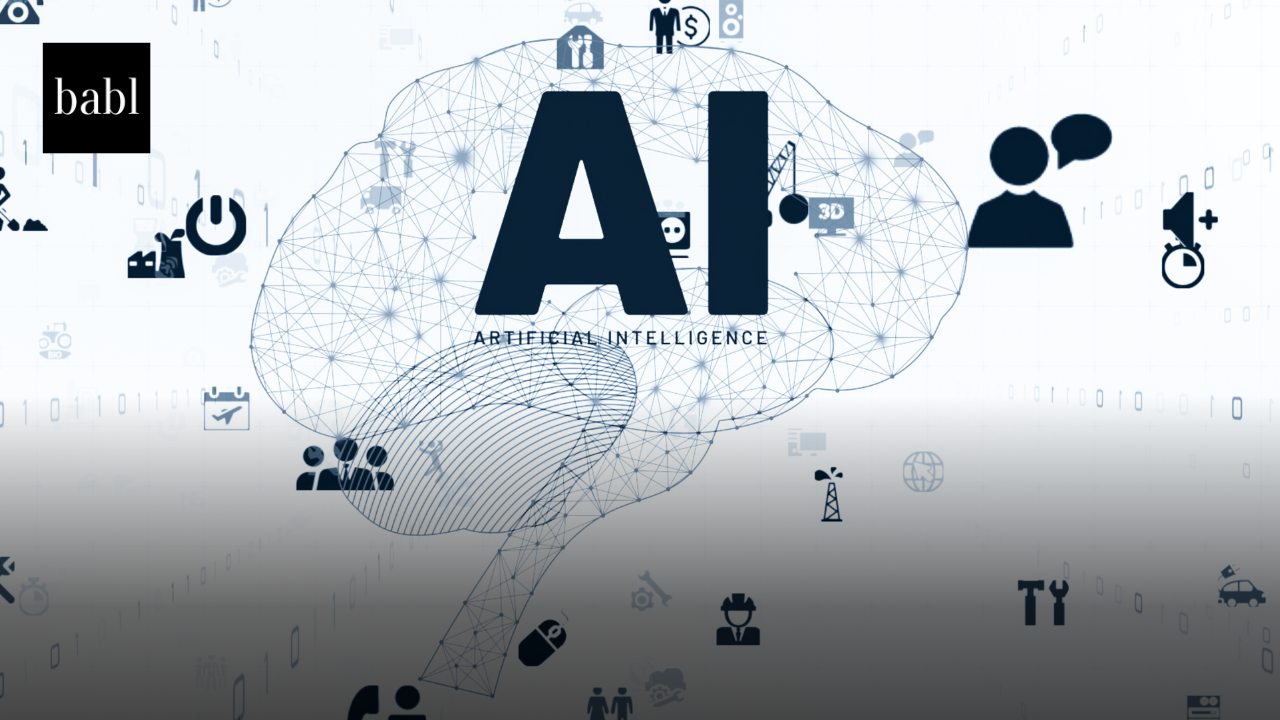UPDATE — AUGUST 2025: Since the June 2024 release of the Assurance Standards Guide, the Coalition for Health AI (CHAI) has made significant progress toward operationalizing responsible AI governance in healthcare. In early 2025, CHAI published a draft framework that builds on the Guide, incorporating Assurance Reporting Checklists and a proposed certification infrastructure. This framework was opened for public comment and is being refined through multi-stakeholder input. CHAI is also developing a network of AI Quality Assurance Labs and has begun certifying Assurance Service Providers, including new partners like Pacific AI. A collaboration with The Joint Commission is underway to launch formal AI certification guidance by late 2025. These initiatives signal a broader ecosystem effort to translate CHAI’s standards into concrete, testable, and auditable practices for safety, fairness, and accountability in healthcare AI.
ORIGINAL NEWS STORY:
CHAI Releases Comprehensive Assurance Standards Guide for AI in Healthcare
The Coalition for Health AI (CHAI) has unveiled its “Assurance Standards Guide,” a pivotal document designed to ensure the safe, effective, and responsible development and deployment of artificial intelligence (AI) solutions in the healthcare sector. This guide, released on June 26, 2024, aims to establish a comprehensive framework that addresses the myriad challenges and opportunities presented by AI technologies in healthcare.
Group Effort
The guide is the result of an extensive year-long collaborative effort by CHAI workgroups, which included clinicians, data scientists, bioinformaticists, ethicists, patient advocates, and professionals from both large and small technology development firms. These workgroups were meticulously formed, considering gender and ethnic diversity, and included faculty members from Historically Black Colleges and Universities. The iterative process involved weekly meetings, stakeholder feedback, and multiple drafts to create a consensus-driven set of standards that would be widely adopted.
Prior Documents
The Assurance Standards Guide builds on CHAI’s previously established Blueprint for a comprehensive assurance framework. It aims to balance the benefits of AI with the need to mitigate risks related to usability, safety, equity, and security. The guide emphasizes tangible considerations for all stakeholders involved in the health ecosystem, ensuring that AI implementation is fair, transparent, safe, and beneficial.
Lifecycle Approach
A central feature of the guide is its lifecycle framework. It begins with problem definition and planning, moves through ethical design and engineering, and ends with deployment and monitoring. At each stage, the guide stresses reliability, safety, and ethical oversight. Another critical feature is independent review. External experts evaluate AI systems to ensure compliance with safety, ethical, and effectiveness standards. This process helps build trust and wider acceptance in healthcare AI.
Privacy and Cybersecurity
The guide also emphasizes protecting sensitive health data. It incorporates the NIST Privacy Framework and Cybersecurity Framework to help organizations manage risks. Therefore, it provides a structured method for securing patient data and ensuring compliance with laws and regulations.
Practical Use Cases
The guide illustrates its principles with real-world examples. These include predictive EHR models for pediatric asthma, AI-driven mammography diagnostics, and generative AI tools for EHR data queries. For example, the asthma case study shows how AI assurance can protect vulnerable populations while improving care.
A Living Document
CHAI stresses that the guide is not static. As AI evolves, so will the standards. Future versions will integrate new insights, technologies, and feedback. This living framework ensures the guide remains relevant to emerging challenges in healthcare AI.
Need Help?
Keeping track of the everchanging AI landscape can be tough, especially if you have questions and concerns about how it will impact you. Don’t hesitate to reach out to BABL AI. Their Audit Experts are ready to provide valuable assistance.





